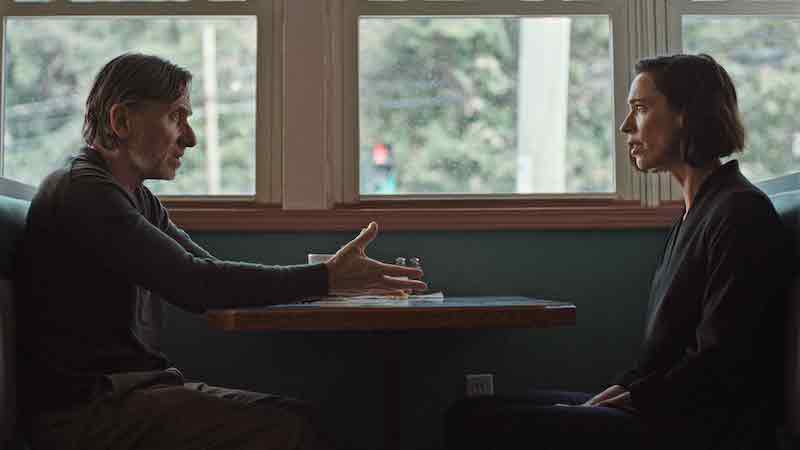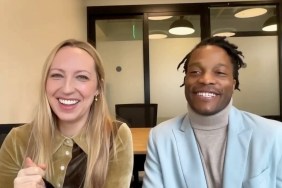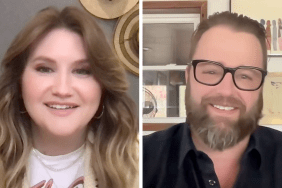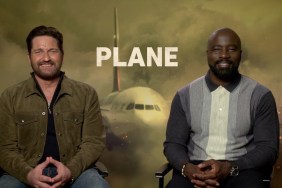ComingSoon Editor-in-Chief Tyler Treese spoke to Resurrection director Andrew Semans about the thriller, which stars Tim Roth and Rebecca Hall. It is out in theaters on July 29 with an on demand and digital release on August 5. Shudder will be the exclusive streaming home in November 2022.
“Margaret’s life is in order. She is capable, disciplined, and successful. Soon, her teenage daughter, who Margaret raised by…










